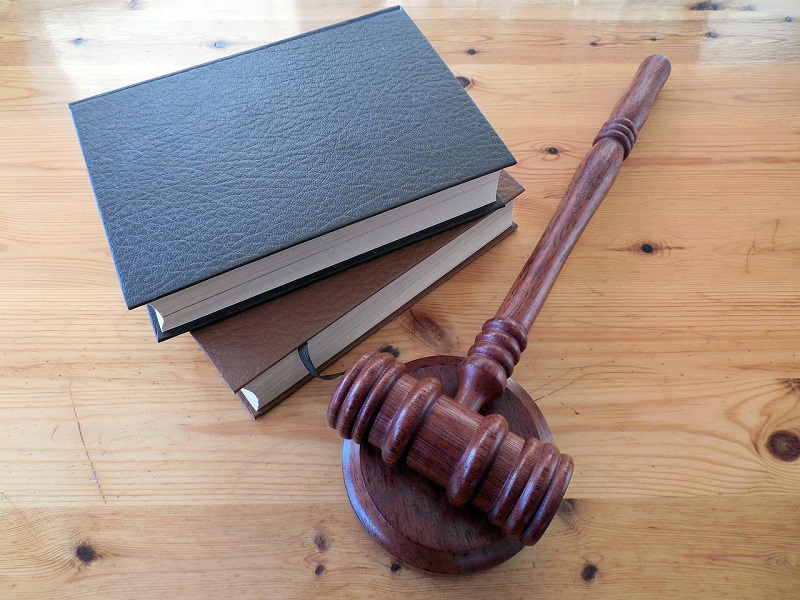Navigating the Legal Labyrinth: The Crucial Role of Criminal Lawyers

In the complex and often unforgiving realm of criminal law, individuals charged with offenses find themselves in need of staunch advocates to safeguard their rights and ensure a fair legal process. Criminal lawyers, also known as defense attorneys, play a pivotal role in the justice system, serving as a shield between the accused and the formidable forces of the state. This article delves into the multifaceted responsibilities of criminal lawyers and the indispensable role they play in upholding justice.
The Foundation of Justice:
Criminal lawyers are essential contributors to the cornerstone principles of any fair legal system: the presumption of innocence and the right to a fair trial. These legal professionals are dedicated to ensuring that every individual accused of a crime is afforded the opportunity to present a robust defense, regardless of the nature of the allegations.

Investigation and Case Building:
One of the primary responsibilities of criminal lawyers is to conduct thorough investigations into the charges leveled against their clients. This process involves scrutinizing evidence, interviewing witnesses, and collaborating with investigators to build a comprehensive understanding of the case. A meticulous approach to gathering information is crucial, as it forms the foundation upon which the defense strategy is built.
Legal Expertise and Strategy:
Criminal lawyers possess a deep understanding of criminal law, procedural rules, and case precedents. This knowledge empowers them to craft effective defense strategies tailored to the unique circumstances of each case. From challenging the admissibility of evidence to questioning the legality of police procedures, criminal lawyers use their expertise to identify weaknesses in the prosecution’s case and present compelling arguments in favor of their clients.
Negotiation and Plea Bargaining:
In many cases, criminal lawyers engage in negotiations with prosecutors to reach a plea bargain—a compromise that involves the accused pleading guilty to a lesser charge in exchange for a reduced sentence. While this may be a pragmatic approach to minimize potential consequences, criminal lawyers must strike a delicate balance between protecting their client’s interests and achieving a resolution that is acceptable to all parties involved.
Negotiating plea bargains is a delicate dance that criminal lawyers perform with finesse, requiring a nuanced understanding of legal intricacies and a keen awareness of their clients’ best interests. This strategic process involves a careful evaluation of the evidence, potential legal defenses, and the likelihood of success in a trial. Criminal lawyers must weigh the risks and benefits of pursuing a plea bargain against the uncertainties of a courtroom battle, all while keeping their clients informed and engaged in the decision-making process.
Trial Advocacy:
When negotiations fail to produce a satisfactory outcome, criminal lawyers step into the courtroom to vigorously advocate for their clients. This involves presenting evidence, examining witnesses, and delivering persuasive arguments before the judge and jury. The ability to communicate effectively, think on their feet, and respond to unexpected challenges is paramount for criminal lawyers during trial proceedings.
Protecting Constitutional Rights:

Criminal lawyers are staunch defenders of their client’s constitutional rights. Whether challenging illegal searches and seizures, disputing the validity of confessions, or ensuring the right to a speedy trial, these legal professionals are unwavering in their commitment to safeguarding the fundamental liberties enshrined in the Constitution.
Conclusion:
In the intricate tapestry of criminal law, criminal lawyers stand as sentinels of justice, championing the rights of the accused and ensuring that every individual receives a fair and impartial legal process. Their diverse skills, ranging from investigative acumen to courtroom advocacy, make them indispensable in upholding the principles that form the bedrock of a just society. As we navigate the complexities of the legal labyrinth, criminal lawyers remain steadfast in their mission to protect the innocent and ensure justice is served.






